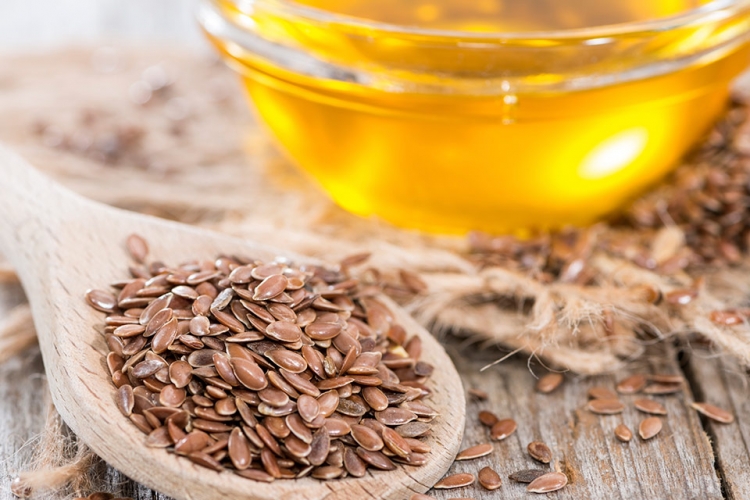The Tanzanian government is taking various measures to boost the production of sunflowers in order to reduce the country’s reliance on importing edible oil. Dodoma, Singida, and Manyara have been identified as strategic regions for increasing sunflower production. The government’s initiatives include providing farmers with access to quality sunflower seeds and agricultural inputs, such as fertilizers, through subsidies.
Additionally, the government is reinforcing sunflower production in these regions by providing equipment, like motorcycles, to extension officers. This enables them to reach out to farmers and provide the necessary support. Furthermore, the government is increasing the workforce in the irrigation sub-sector to educate and assist farmers in transitioning from rain-fed agriculture to more reliable irrigation methods.
Sunflower cultivation plays a crucial role in the livelihoods of many Tanzanians, particularly in drought-prone regions like Dodoma and Singida, where 75% of the population relies on sunflower cultivation. The government aims to increase productivity in these regions by promoting awareness and providing irrigation services.
However, despite the government’s efforts, there are still challenges facing farmers, such as depending on rainfed agriculture, which is influenced by climate change. The inconsistent production due to varying rainfall leads to fluctuations in sunflower and cooking oil prices.
To address these challenges and enhance efficiency and productivity in the sunflower industry, a Sunflower Conference was held at the Nanenane Central Regional Exhibition in Dodoma. The conference brought together various stakeholders, including farmers, agricultural technologists, experts, and suppliers, to share experiences and knowledge.
By focusing on improving sunflower production and reducing dependence on imported edible oil, the Tanzanian government aims to enhance food security and economic self-sufficiency in the country.


